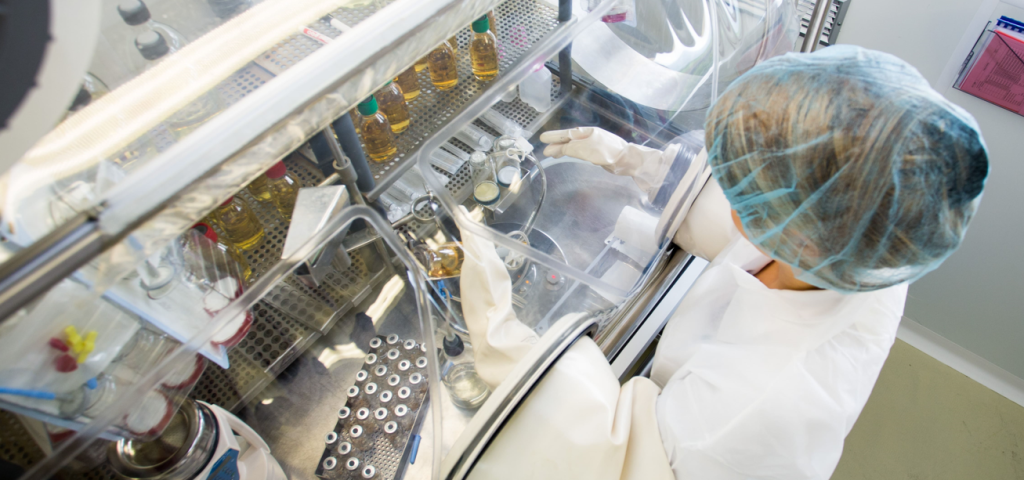The rapidly evolving landscape of disease understanding and therapeutic technologies is reshaping the pharmaceutical sector. As a global Contract Development and Manufacturing Organization (CDMO), we are at the forefront of these advancements, providing both burgeoning and seasoned pharmaceutical companies with cutting-edge solutions for drug development and production.
Understanding Diseases: A Comprehensive Overview
Diseases are conditions that impair normal tissue function, caused by factors ranging from genetic anomalies and infectious agents to toxins and lifestyle choices. Understanding a disease involves unraveling its etiology (cause), pathophysiology (how it develops), and epidemiology (its impact on populations). This foundational knowledge informs the development of effective therapies and preventive measures.
The Role of CDMOs in Disease Management
CDMOs play a pivotal role in the pharmaceutical industry by bridging the gap between drug discovery and market release. We offer services spanning the entire drug lifecycle—from research and development through clinical trials to large-scale manufacturing and packaging. This integration facilitates the swift transition of therapeutic innovations from lab benches to patient bedsides, crucial for addressing urgent medical needs.
Key Therapeutic Technologies Predominating Our Technologies
1. Biologics
Biologics, including vaccines, antibodies, and gene therapies, represent a significant portion of modern therapeutics. These complex molecules are manufactured using living organisms and have revolutionized treatment paradigms across oncology, immunology, and beyond. Our facilities are equipped to develop and manufacture these substances at scale, ensuring adherence to the highest safety and efficacy standards.
2. Small Molecule Drugs
Despite the rise of biologics, small molecule drugs remain vital due to their ability to target specific molecular pathways with high precision. These compounds are often easier and more cost-effective to produce than biologics. We utilize advanced synthetic and combinatorial chemistry techniques to optimize these molecules for improved performance and reduced side effects.
3. Advanced Therapy Medicinal Products (ATMPs)
ATMPs, including cell therapies and tissue-engineered products, are at the cutting edge of regenerative medicine. They offer potential cures for previously untreatable conditions by repairing, replacing, or regenerating affected cells and tissues. Our role as a CDMO is to support the development and commercialization of these groundbreaking therapies, ensuring they meet regulatory standards and are accessible to patients.
4. Personalized Medicine
The shift towards personalized medicine has been facilitated by advancements in genomic and proteomic technologies. Tailoring treatments to individual genetic profiles improves therapeutic outcomes and minimizes adverse effects. Our expertise in high-throughput screening and biomarker analysis enables the development of customized therapies that meet specific patient needs.
Market Trends in Therapeutics: Focus on Diabetes
Within the realm of disease-specific advancements, diabetes management showcases significant market trends. The diabetes drug market is expected to grow from $70.4 billion in 2024 to over $132 billion by 2034. Insulin treatments are predicted to see the fastest growth, driven by innovative delivery technologies and formulations. Meanwhile, Type 2 diabetes treatments continue to lead the market due to the increasing prevalence and demand for effective management solutions. Oral diabetes drugs, preferred for their non-invasive nature, accounted for over 46% of the market’s revenue in 2023, indicating a strong consumer preference for these treatments. Hospital pharmacies remain the dominant distribution channel, reflecting the critical role these settings play in comprehensive diabetes care.
Diabetes, as a chronic and widespread condition, highlights the importance of continuous advancements in therapeutic options to manage and potentially reverse this pervasive disease. Our commitment to supporting the pharmaceutical industry in developing more effective diabetes treatments reflects our broader mission to address various disease states through innovative therapeutic technologies.
Challenges and Opportunities
While the technological advancements in therapeutics are promising, they also present unique challenges, such as high manufacturing costs, regulatory hurdles, and ethical considerations. However, these challenges also create opportunities for innovation in drug development processes, quality control, and patient-centric approaches.
The landscape of disease understanding and therapeutic technologies is vast and complex, yet incredibly promising. As a CDMO committed to excellence, we continue to enhance our capabilities and expand our understanding to better serve the pharmaceutical industry. By staying at the forefront of these advancements, we not only contribute to the development of life-saving treatments but also ensure that these innovations are safe, effective, and available to those who need them most.
FAQs about Disease and Therapeutic Technologies
How are biologics different from traditional pharmaceuticals?
Biologics are complex medicines made from living organisms. They include products like vaccines, antibodies, and proteins. Traditional pharmaceuticals, often called small molecule drugs, are typically chemically synthesized and have a simpler structure. Biologics are usually more target-specific and are used in the treatment of a range of diseases, including various cancers and chronic conditions.
What are Advanced Therapy Medicinal Products (ATMPs)?
ATMPs are medicines for human use that are based on genes (gene therapy), cells (cell therapy), and tissues (tissue engineering). These therapies offer groundbreaking new opportunities for the treatment of diseases and injuries that are not adequately addressed by existing pharmaceuticals.
How does personalized medicine improve patient care?
Personalized medicine involves tailoring medical treatment to the individual characteristics of each patient. It generally relies on genetic, environmental, and lifestyle factors to create a tailored treatment plan. This approach improves treatment efficacy, reduces side effects, and can lead to better health outcomes.
How does personalized medicine improve patient care?
Personalized medicine involves tailoring medical treatment to the individual characteristics of each patient. It generally relies on genetic, environmental, and lifestyle factors to create a tailored treatment plan. This approach improves treatment efficacy, reduces side effects, and can lead to better health outcomes.
